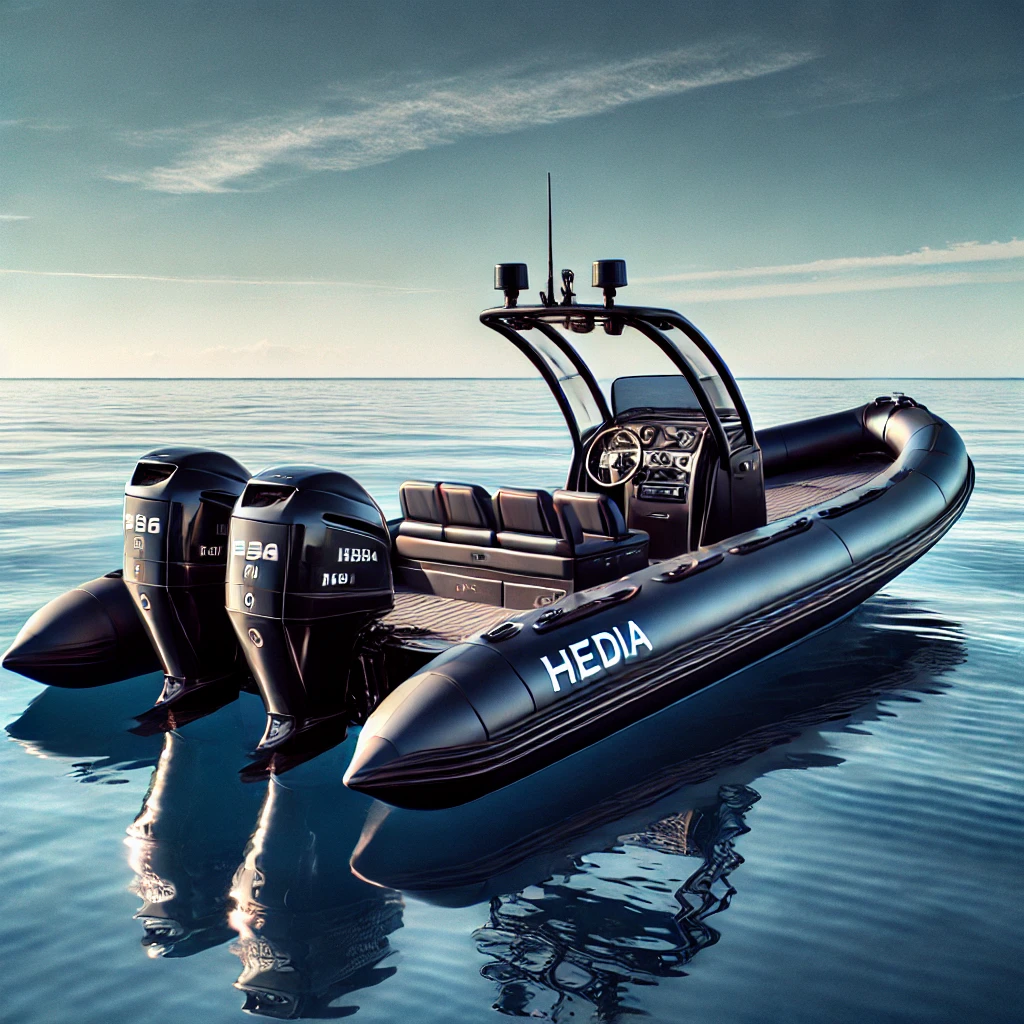What Are the Disadvantages of a RIB Boat?
Rigid Inflatable Boats (RIBs) are a popular choice for boating enthusiasts, rescue teams, and marine professionals. Their unique design, combining a rigid hull with inflatable tubes, offers excellent stability, speed, and safety. However, like any product, RIB boats are not without their drawbacks. In this post, we will explore some of the disadvantages of RIB boats, particularly when comparing them to other types of vessels like traditional fiberglass boats or aluminum boats.

Cost and Maintenance
One of the most significant disadvantages of RIB boats is their higher initial cost compared to traditional fiberglass boats. While the prices vary, RIB boats tend to be more expensive due to their specialized construction and materials. The inflatable tubes, in particular, require careful attention and maintenance, as they are prone to punctures and wear over time. RIB boat manufacturers often recommend regular inspections and repairs to ensure the tubes remain in good condition.
Maintenance costs can be higher because both the hull and the tubes require different care. The hull may need periodic maintenance, while the inflatable parts might require more frequent attention to avoid damage or air leaks.
Storage and Transport Issues
Due to their rigid structure and large size, RIB boats are not as easy to store and transport as some other types of boats. Their inflatable tubes can take up a significant amount of space, especially when deflated, and their rigid hull design requires more room than a smaller boat might need. If you are looking for a boat that is easy to store in a garage or transport by trailer, a RIB boat might not be the most practical option.
In addition, some aluminum RIB boats, despite their lighter weight compared to traditional fiberglass boats, can still be quite heavy, which can make launching and retrieving the boat more challenging.
Limited Comfort on Rough Waters
While RIB boats are known for their excellent performance on rough waters, they can still feel uncomfortable in certain conditions. The rigid hulls are designed for speed and agility, but when the seas get rough, the ride can become quite bumpy. This is particularly true if you are not equipped with the right seating or cushioning. While the inflatable tubes absorb some of the impact, they do not completely shield passengers from the jarring motion that can occur in rough conditions.
For long trips or extended outings, some boaters may prefer the comfort and stability of a traditional fiberglass boat, which often offers smoother rides and more cushioned seating arrangements.
Limited Capacity and Storage Space
Another disadvantage of RIB boats is their relatively limited capacity and storage space. Although they can accommodate a small group of passengers, RIB boats are not typically designed for large groups or for carrying significant amounts of cargo. The inflatable tubes, while providing stability and buoyancy, take up valuable space on the boat, reducing the amount of usable deck area. This can make it difficult to carry extra gear, particularly if you plan to use the boat for long-distance trips or heavy-duty tasks.
This issue is particularly prominent with smaller RIB models, though larger, more commercial-grade versions may offer more room.
Vulnerability to Environmental Factors
One of the key downsides of RIB boats, especially those with inflatable tubes, is their vulnerability to environmental factors. Prolonged exposure to UV rays, saltwater, and extreme temperatures can degrade the materials over time. The rubber or PVC fabric used for the tubes is susceptible to sun damage, which can cause cracking, fading, or weakening. While RIB boat manufacturers design the boats with durability in mind, taking care to protect them from harsh conditions is essential to ensuring their longevity.
Aluminum RIB boats, on the other hand, are more resistant to corrosion and environmental damage, but the inflatable tubes still require care. Regular cleaning and proper storage are essential to maintaining the boat’s performance and appearance.
Conclusion
RIB boats are a versatile and robust choice for many boating enthusiasts, offering superior performance, stability, and speed. However, they are not without their disadvantages. Higher costs, maintenance requirements, storage issues, and limited comfort on rough waters are some of the factors to consider before purchasing a RIB boat. If you're in the market for a RIB boat, it’s important to weigh these drawbacks against the benefits and determine if a RIB boat, or perhaps an aluminum RIB boat, is the right choice for your needs.
For those seeking durability and performance without compromising on weight, an aluminum RIB boat might be an ideal option. While it offers better resistance to environmental factors, like corrosion, it still comes with the benefits and challenges typical of RIB boats. Ultimately, your decision should be based on your boating preferences, maintenance capabilities, and how you plan to use the boat.


